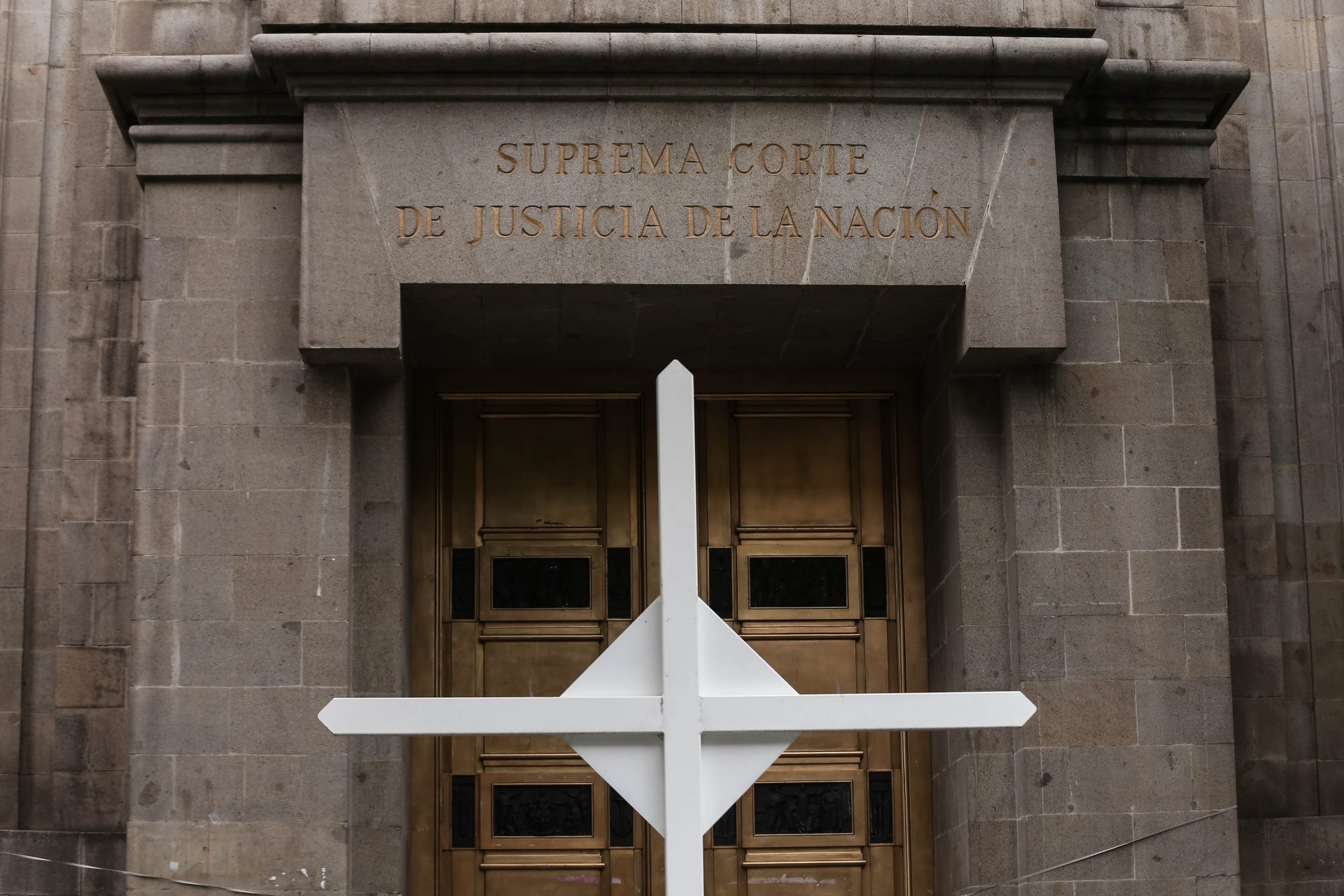
POWER GRAB? Party Now Controls Supreme Court!
Mexico’s first-ever nationwide judicial elections have thrust the Morena party into near-total control of the Supreme Court, while record-low turnout raises alarms over judicial independence.
At a Glance
• On June 1, 2025, Mexicans voted to elect nine Supreme Court justices and over 2,600 federal judges.
• Voter turnout was approximately 12–13 percent—the lowest ever for a federal election.
• Morena-affiliated candidates won all nine Supreme Court seats, consolidating constitutional power.
• Critics warn the process weakened separation of powers and enabled possible infiltration.
• Silvia Delgado, a former lawyer for “El Chapo,” secured a federal judgeship, sparking controversy over candidate vetting.
Judicial Reform Unleashed
In a sweeping move backed by Presidents López Obrador and Sheinbaum, Mexico amended its constitution to mandate that all federal judges and Supreme Court justices be directly elected. The nationwide vote held on June 1 marked the first time in history that voters selected more than 2,600 judicial officials, including the entire Supreme Court, as reported by CNN coverage of the election results.
Despite the reform’s framing as democratic advancement, turnout was historically low. Investigations revealed accordion-style voting guides distributed in Morena strongholds, appearing to direct voters to party-preferred candidates. Roughly 20 percent of all ballots were left blank or invalid—fueling accusations of voter suppression or manipulation.
Watch a report: Mexico’s ruling party consolidates power in massive judicial election
Sweeping Morena Victory
With 95 percent of votes tallied, candidates aligned with Morena secured all nine Supreme Court seats. Among them, Hugo Aguilar Ortiz’s historic election as chief justice marked a milestone, as he became the first Indigenous Mixtec to lead the court. In parallel, thousands of magistrate and tribunal roles were filled, most by Morena-endorsed contenders, as documented in Wikipedia’s judicial elections summary.
Legal analysts cautioned that this structural overhaul could dismantle institutional checks. According to a Washington Post analysis of the court shift, the Morena-controlled judiciary risks becoming a rubber stamp for the executive branch.
Controversy and Integrity Questions
One of the most polarizing outcomes was the election of Silvia Delgado to a federal judgeship, despite her past legal work defending drug lord Joaquín “El Chapo” Guzmán. Transparency advocates decried the insufficient vetting of candidates and the risk of criminal infiltration.
In a Financial Times editorial on the reform, experts warned that the democratic optics of judicial elections may mask a deeper erosion of judicial independence, labeling the moment “a blind date with democracy.”
Democracy at a Crossroads
Morena has now achieved dominant influence over Mexico’s legislative, executive, and judicial branches. While party leaders frame the shift as a move toward judicial accountability, civil society leaders warn that it could silence dissent and legal oversight. Whether the courts now act as defenders of the constitution—or enforcers of political will—will determine the integrity of Mexico’s democracy for years to come.